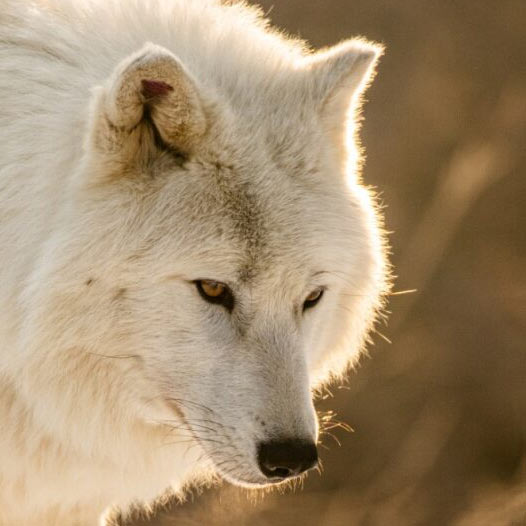Toronto, Ontario - Tuesday, July 22, 2025 - It's National Bison Month and we are proud to announce the recent birth of a healthy female wood bison calf in your Toronto Zoo’s Canadian Domain!
This welcome news is the result of a single artificial insemination conducted in October of 2024 using sex-sorted (x-bearing) sperm from Canada’s Wildlife Cryobank, located at your Toronto Zoo.
Females bear the offspring; so rebuilding a herd is more efficient if you're working with a population that's skewed away from males until the population becomes more robust and stable.
Why is this important?
Your Toronto Zoo has been involved in wood bison conservation since 1977, partnering first with the University of Saskatchewan and Parks Canada in 2007 to undertake this reproductive research initiative. Historically, wood bison could be found across the boreal forests of northwestern Canada and Alaska; however, changes in habitat use have resulted in small, disconnected herds remaining in northern British Columbia and Alberta as well as southern Northwest Territories and Yukon. Although wood bison have been downlisted from "endangered" to "threatened" since 1988, on-going diseases, such as tuberculosis and brucellosis, in wild wood bison populations continue to threaten this species.
Pictured: Controlled environment where embryos are prepared and analyzed before being transferred into a bison.
|
Reproductive technologies, such as artificial insemination and in vitro fertilization, are important tools for improving the genetic management and connectivity of small populations. These techniques will help us overcome the challenges of managing the endemic disease threatening free-ranging wood bison herds, and ultimately allow us to restore genetically diverse disease-free herds in the wild. We continue to be home to one of a few reproductive physiology labs in North America that participate in biobanking wildlife species. This is the process of freezing living cells such as sperm and embryos, for the purpose of preserving genetic diversity for the future. Once frozen, these living cells are then held in Canada’s Wildlife Cryobank at your Toronto Zoo.
Community support is critical to this work. By donating to our partner, the Toronto Zoo Wildlife Conservancy, you can help to expand our biobanking, advance reproductive technologies, and secure a healthy future for wood bison and other at-risk wildlife. By making a gift today you are helping to protect biodiversity for generations to come.
 join ourMEDIA LIST
join ourMEDIA LIST